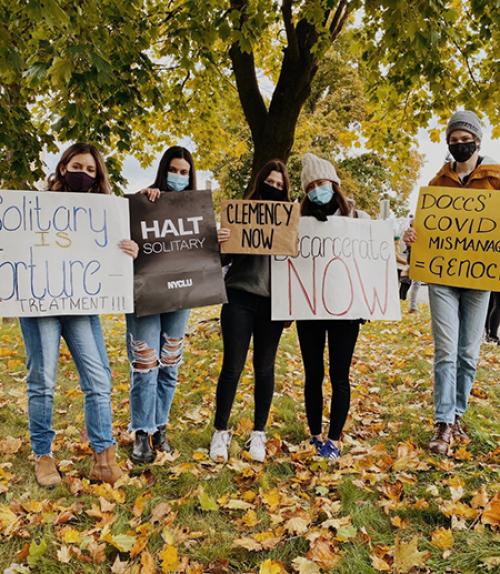 Department Homepage
The College of Arts & Sciences
Department Homepage
The College of Arts & Sciences
Cornell undergrads aid in prisoner’s release after 28 years
“They helped secure a man's liberty, which is one of the greatest accomplishments anyone can achieve.”
More news


Your February 2026 reads
Cornellians

New summer course to spark civic engagement in high schoolers
A&S Communications

